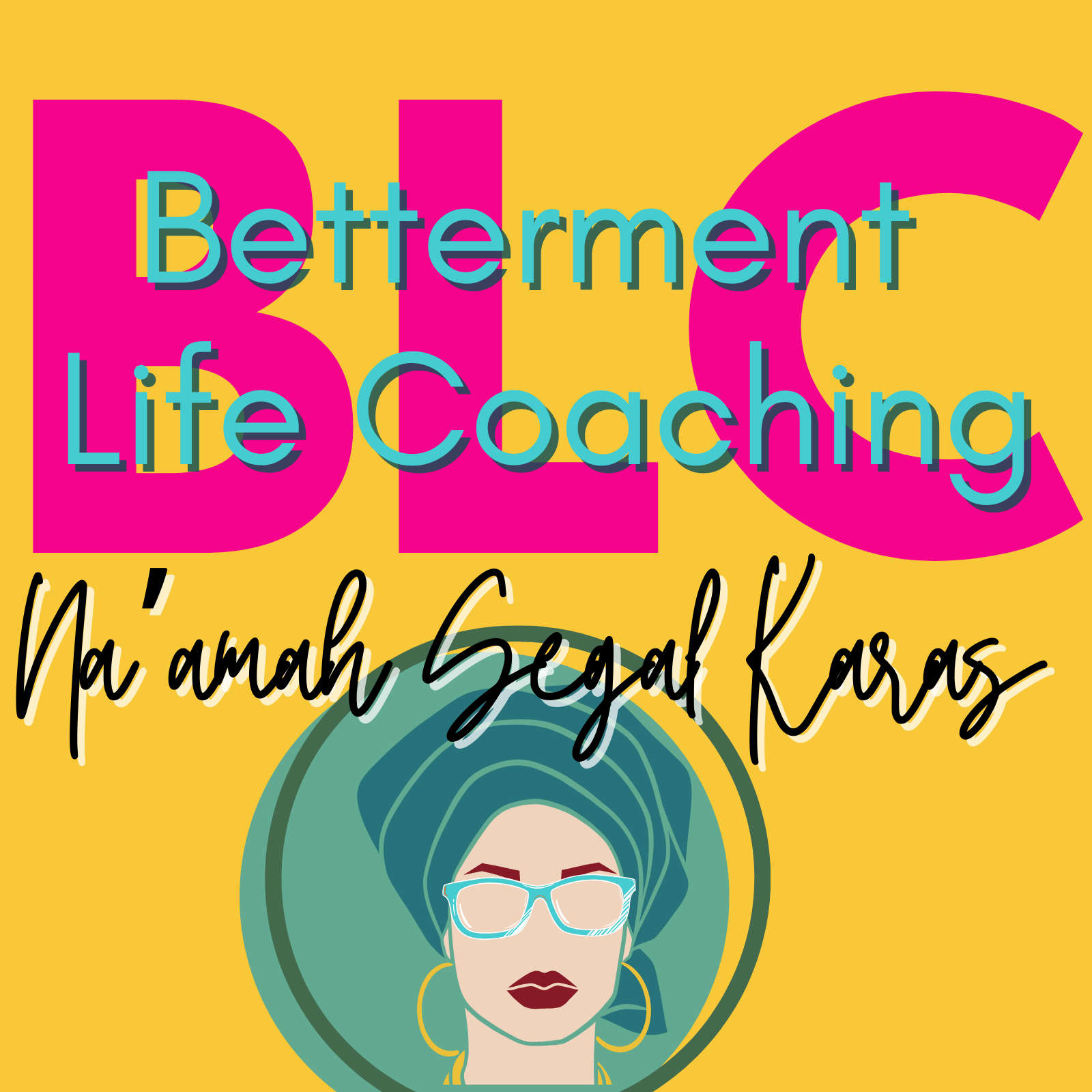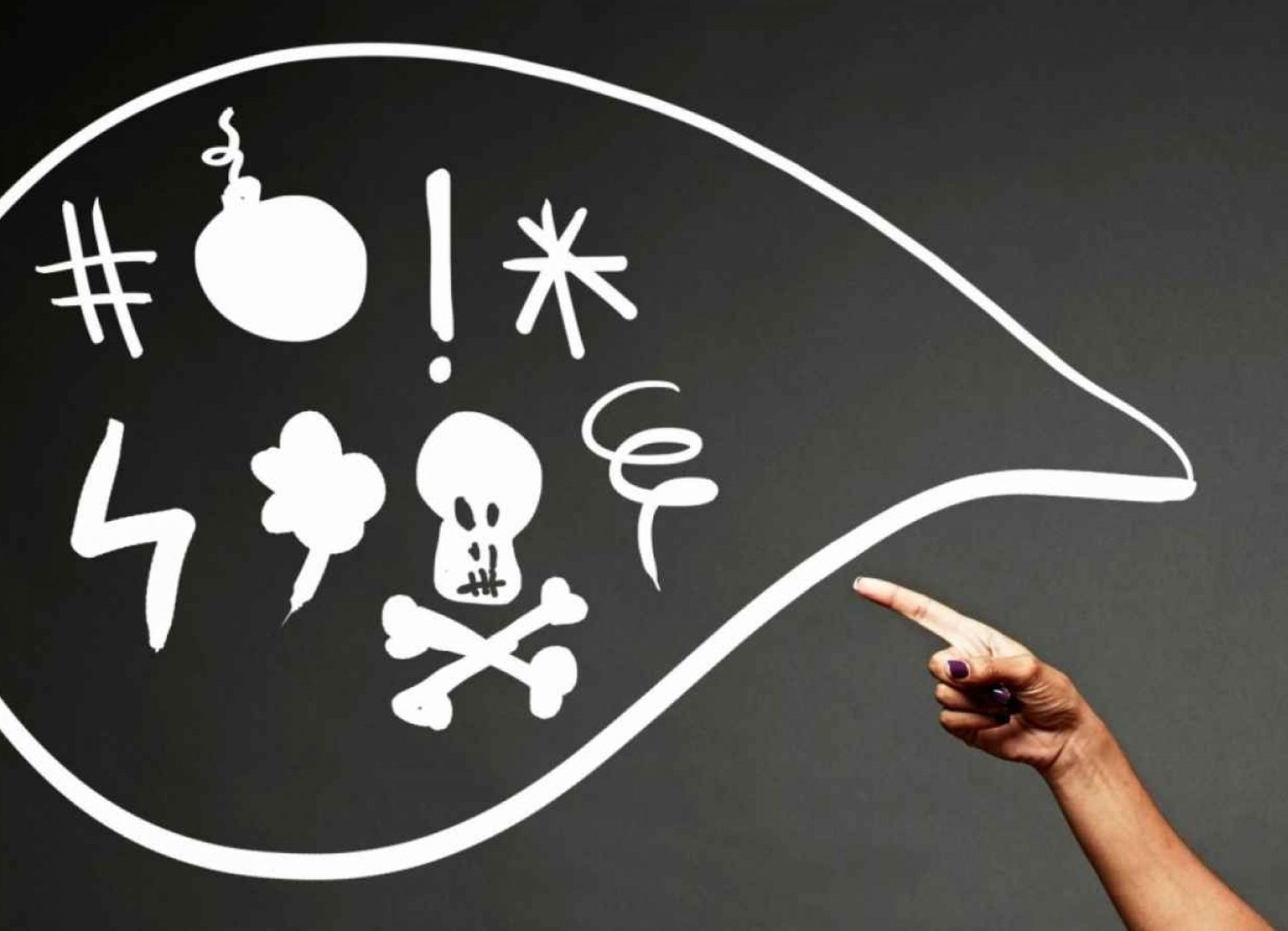I am a huge fan of human tongues; languages, that is. I speak three passably and one barely. I adore the nature of how silly and confusing language is, what it does to us, and how we use it. I’m also a huge fan of leveraging a verbose and dynamic vocabulary, in whatever tongue you like. But in English, there is one word I stay away from like the plague.

Before I tell you what that word is, let me tell you how I grew up. This matters because the word showed up in my childhood often and set me up to hate myself, set me up to fail, set me up to always let people down or at least feel like I was letting people down.
My parents were both immigrants to this country from Israel. They were alive at a time where America was the promised land, streets paved with gold, American dream and all that. It was the 1970’s and they showed up here expecting one outcome and got another. The point is, I showed up in their lives and they wanted me to be the most American, my typical, most assimilated of the group. I was the promise of American opportunities. I went to public school, they only spoke English to me, they abandoned religion and nearly all Israeli habits and cultural traditions. Nearly all but of course, kept the guilt.
I was often treated like a failure or a let-down. I realize now as an adult that it was my parents projecting their own trauma and baggage upon me. Both my parents came from severe childhood trauma. I do not exaggerate. We’re talking concentration camp and violent abuse kind-of-trauma. So for them to raise me to be half-way decent and not be violent themselves was a miracle unto itself. But regardless, they were broken people; hell, all humans are to some extent or another. And because of that, their fears, worries, and feelings of inadequacy were projected onto me constantly. This leads to my least favorite word in the English language.
Should. You should have known better. You should wear a dress because it’s prettier than pants. You should straighten your hair if you want the boys to look at you. You should cover up. You should eat less. You shouldn’t eat that. You should have done this differently. You should have studied harder. You should act like your older sister. Should. Should. Should.
This word is the devil, I tell you. It sets every person up to fail, every time. Unlike other similar words like ought to, might, need, and must, should has the implication of having already fucked up. Isn’t that just great? Using this word has always, always, ALWAYS left me feeling shitty. No matter what context it’s in (even in the Ashkenazi context of ‘you should always be blessed with good health’ structural use) the word should just makes me cringe every time. It has only ever meant disappointment and pain for me.
When someone else uses it, especially directed at me and my own actions, I want to ball up my fists and punch them. When I feel compelled to use it, I feel deep anger and shame. The word should is just garbage. It implies that you’ve already failed before you began. It implies that whatever you’ve done, it was insufficient to begin with. It implies that your actions were already misinformed, lacking, and just plain not good enough. Moreover, I noticed after my divorce, that when I used the word, I carried with it the voice of my mother and father, their anger, their pointing fingers, their accusations, and their false and fragile sense of superiority. It was like every time I said ‘should’, I was saying “I’m better than you and you don’t even see it.” Ugh, so gross.
So for the last eight years or so, I have stopped using it. Every time I even feel it rise in my mind, I shut it down by saying “Stop! Do not say that word!” over and over. I then immediately replace it with “How can I feel compassion for this person / situation right now?” over and over until I really mean it. This is the process of deprogramming and retraining. This is the work.
So ultimately, you can do what you want. You can speak how you want. You can use whatever language you like. You will also suffer the consequences of using the wrong ones, both upon yourself and others. Everything we say has meaning, whether we intend it or not. So why not take a better look at the words you use and evaluate what they mean, what you mean when you say them, and most importantly, who you are when you’re saying them.
You should definitely do that. Do you agree?



